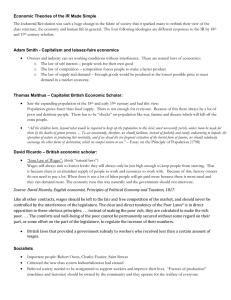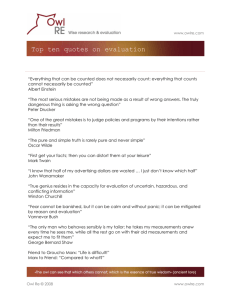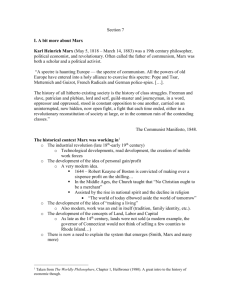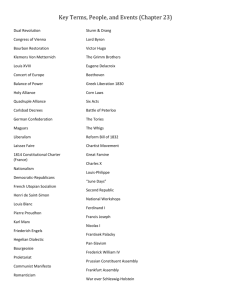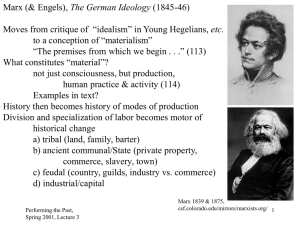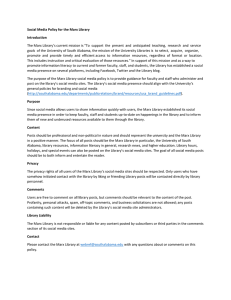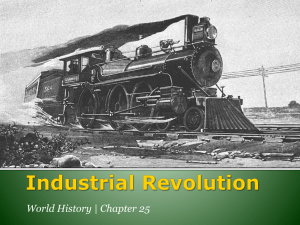Pradella Workshop Abstract
advertisement
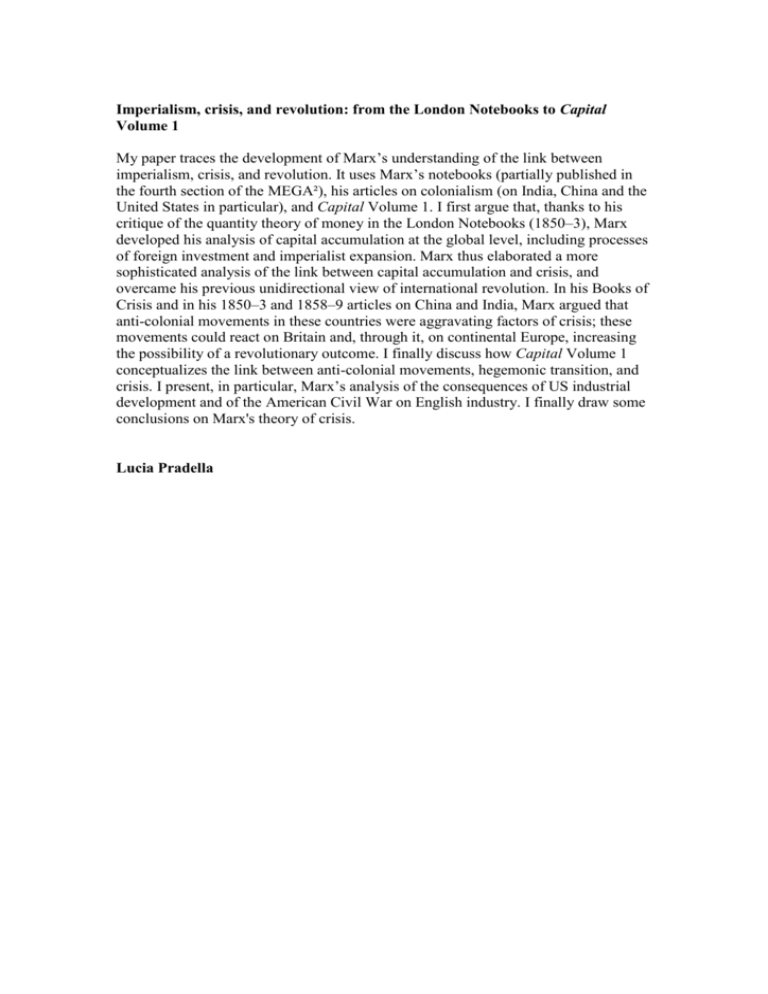
Imperialism, crisis, and revolution: from the London Notebooks to Capital Volume 1 My paper traces the development of Marx’s understanding of the link between imperialism, crisis, and revolution. It uses Marx’s notebooks (partially published in the fourth section of the MEGA²), his articles on colonialism (on India, China and the United States in particular), and Capital Volume 1. I first argue that, thanks to his critique of the quantity theory of money in the London Notebooks (1850–3), Marx developed his analysis of capital accumulation at the global level, including processes of foreign investment and imperialist expansion. Marx thus elaborated a more sophisticated analysis of the link between capital accumulation and crisis, and overcame his previous unidirectional view of international revolution. In his Books of Crisis and in his 1850–3 and 1858–9 articles on China and India, Marx argued that anti-colonial movements in these countries were aggravating factors of crisis; these movements could react on Britain and, through it, on continental Europe, increasing the possibility of a revolutionary outcome. I finally discuss how Capital Volume 1 conceptualizes the link between anti-colonial movements, hegemonic transition, and crisis. I present, in particular, Marx’s analysis of the consequences of US industrial development and of the American Civil War on English industry. I finally draw some conclusions on Marx's theory of crisis. Lucia Pradella


